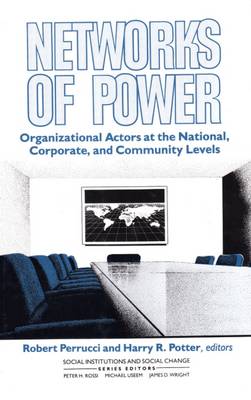Social Institutions and Social Change
2 total works
The idea for this book was formed during the early 1980s when the author was studying the impact of plant closings on displaced workers and communities. In one community, workers who were displaced by a plant closing expected to receive retraining funds through the Job Training and Partnership Act (JTPA), only to find that the state had committed all the JTPA funds to train new workers for a Japanese transplant. Soon it became apparent that deindustrialization, job loss, and economically depressed communities were linked with the escalating interstate competition to provide multi-million dollar incentive packages for businesses to settle in their state. When Japanese automobile companies considered coming to the United States, they fueled the interstate competition for these large projects, which promised thousands of jobs and economic growth.

